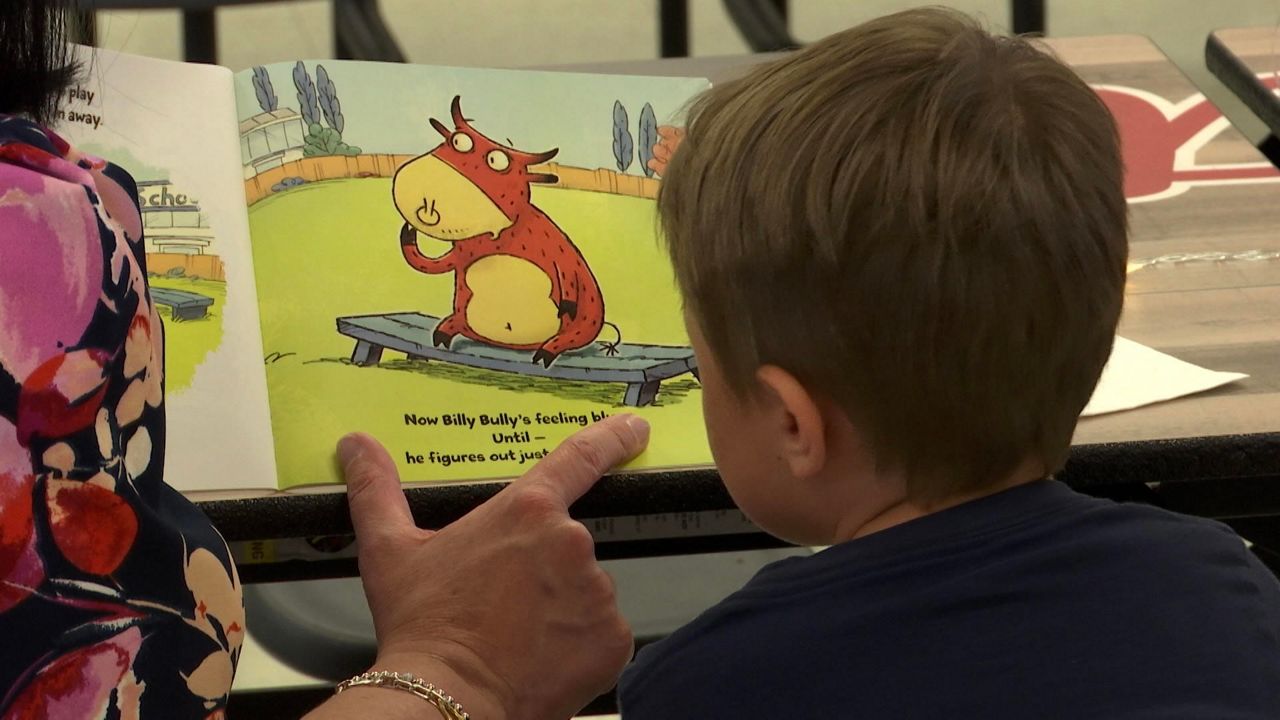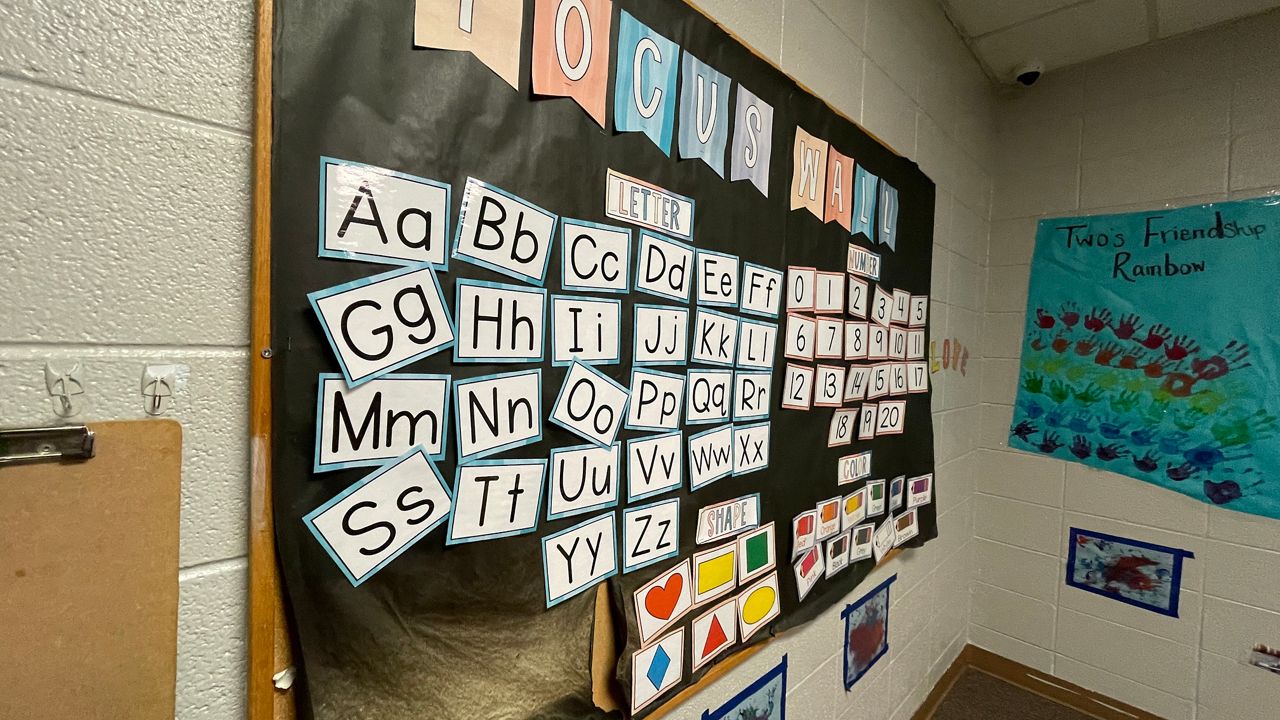COLUMBUS, Ohio (AP) — A GOP-sponsored bill that would ban nearly all diversity and inclusion training requirements at Ohio’s public colleges and universities and bar public universities from taking stances on “controversial” topics doesn't have the votes to move forward in the Legislature, according to the House's conservative leader.
House Speaker Jason Stephens, a rural southern Ohio Republican, told reporters Tuesday that he wouldn't be pushing the contentious legislation to a floor vote in the GOP-dominated House, as it simply doesn't have enough support despite having cleared the conservative state Senate.
The multifaceted measure would drastically change the way students learn and faculty teach across the nation’s fourth-largest public university system, and comes alongside other Republican-led states targeting diversity, equity and inclusion in higher education.
Supporters of the measure have called it necessary to rid higher education of bias, promote “intellectual diversity” and help protect conservative speech on campuses.
Senate President Matt Huffman, a Lima Republican, has long championed the measure, and the Senate voted to approve the legislation mostly along party lines in May. Three GOP members broke away from their party to join Democrats in voting against the measure.
Dozens of university students and faculty, as well as the 61,000-student Ohio State University, have spoken out against the bill. Many have argued the legislation encourages censorship and allows the Legislature to micromanage higher education — particularly when it comes to defining subjective terms like “bias,” “intellectual diversity” and “controversial matters.”
Several changes were made to the bill since the May vote, including nixing the heavily opposed ban on faculty strikes during contract negotiations — something many House Republicans expressed concern over. But that doesn't appear to have made it more palatable, at least to Stephens.
Bill sponsor Sen. Jerry Cirino pushed back on Stephens' stance that the bill doesn't have the support it would need to pass the House, pointing out that a third committee hearing went ahead Wednesday on the measure and the committee will likely hold a vote on it next week.
“I can't get inside the speaker's mind, but ... I believe that there are the votes,” Cirino told The Associated Press on Wednesday. “We'll see if we can't in some fashion convince the speaker that this bill is absolutely needed in the state of Ohio to improve higher education.” ___
Samantha Hendrickson is a corps member for the Associated Press/Report for America Statehouse News Initiative. Report for America is a nonprofit national service program that places journalists in local newsrooms to report on undercovered issues.









